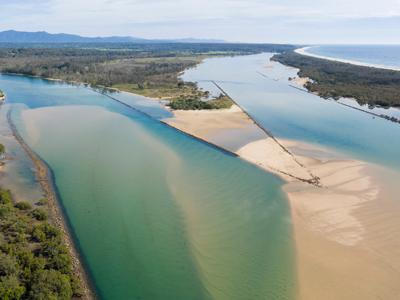



Article by: Hari Yellina
The immediate survival of a fourth-generation vegetable farm in the NSW Hunter region has been ensured, according to the owner, after a water policy plan that claimed to “weaken” the region was ruled out. Stephen Osborn’s family has been growing vegetables on their Maitland property in the prolific Hunter Valley for almost a century, and he believes the NSW government’s introduction of cease-to-pump legislation would have been devastating to their business. Mr. Osborn described today’s news as a “huge relief” after a stressful period. “It provides us with a great deal of assurance.” Following the outcry, NSW Water Minister Kevin Anderson stated it was “logical sense” to remove the provision for the tidal pools of the Hunter River, Wallis Creek, and Paterson River.
Every ten years, water sharing plans (WSP) are prepared for each valley in New South Wales, with the goal of providing certainty regarding water allocations to consumers. More than 220 water users in the Hunter objected to a cease-to-pump clause proposed by the government in the Hunter’s WSP, which would limit the quantity of water they could pump during dry periods. “During that consultation period, we heard loud and clear from landowners and farmers that they did not want the cease-to-pump laws to be enacted,” Mr Anderson said. The planned modifications, according to the water minister, would have harmed vegetable and dairy output in the Hunter, as well as Tocal Agricultural College, which is “committed to training our next generation of farmers.”
Mr Wheatley called the decision to stop pumping “ridiculous” and “draconian,” saying it “may destroy their business” for many farmers in the Upper Hunter. “In the past drought, for example, [they] wouldn’t have been able to irrigate for the last two years,” he said. The Upper Hunter is “still under evaluation,” according to Mr Anderson, ahead of the July 1 enforcement deadline.